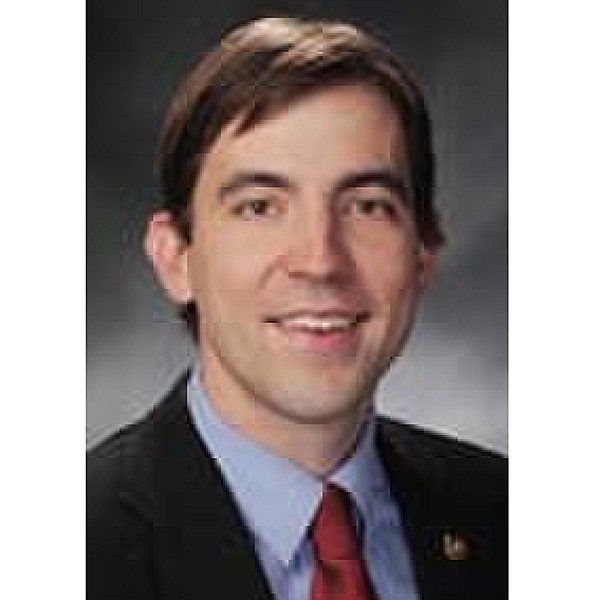This week was budget week in the Missouri House. The state budget is $27.7 billion.
The good
The House voted to fully-fund the K-12 foundation formula for elementary and secondary education for the first time since 2005. It includes $6 million to expand broadband to rural schools, $42 million to increase access to mental health care, $2 million in additional funding for alternatives to abortion. In addition, we set aside $200 million in a supplemental fund to pay for unexpected expenses in state government that seem to always arise.
I am also thankful that the House added $2.5 million in funding for agricultural research at Lincoln University. On Tuesday, I attempted to amend the budget to transfer $4.6 million away from Mizzou's over-funded agricultural research program so that Lincoln would have 100 percent of the state funding eligible for matching federal funds. Unfortunately, the amendment failed. Nonetheless, the $2.5 million increase is significant. With matching federal funds, it means $5 million in additional funding for Lincoln's ag research.
The bad
I am disappointed this year's budget does not include a pay increase for state employees. However, as health insurance expenses increase for those outside of state government, we were able to hold out-of-pocket health insurance costs steady for state employees.
The ugly
For at least the past four years, transportation advocates in our state have argued MoDoT is critically underfunded. In 2014, the General Assembly put an issue on the ballot allowing voters to decide whether to raise sales taxes for transportation. In 2014 I voted to put the issue on the ballot because increased fuel economy standards have led to decreases in gas tax revenues - and the issue is important enough that voters needed an opportunity to fill the gap. I voted yes to put it on the ballot and no in the voting booth.
In retrospect, my vote to put it on the ballot was, without doubt, the worst vote I've ever taken as a representative. Although trucking companies cause the most wear-and-tear on Missouri's Interstates and highways, the 2014 initiative would have reduced their proportionate contribution. It failed miserably at the ballot - and deservedly so.
I believe taxes and fees necessary to fund government should be tied as closely as possible to the purposes for which they are collected. In transportation, the best way to do this is through toll roads. Unfortunately, this year's transportation budget included an amendment that bans MoDOT from spending any money on toll roads. This doesn't make sense. Transportation funding advocates continue to insist we have a funding problem - and yet some of their biggest advocates in the House were the ones pushing the toll road ban. It leads me to believe there's not really a problem at all. I voted to strip the toll road ban from the transportation funding bill, but was in the minority. It stayed in the bill.
The deal on PDMP
On Tuesday this week, Sen. Rob Schaaf announced that he would end his seven-year long filibuster of legislation to create a prescription drug monitoring program in Missouri. Sen. Schaaf only had one small request - because he believes, as I do, the PDMP is an unwarranted invasion of privacy for innocent Missourians, if a list is created, he wants to ensure that it is effective.
"If we're going to put people's private, very sensitive medical information online on a government database," Schaaf told the Kansas City Star, "then by golly, it better get used." Accordingly, he announced the bill needed to be amended to require doctors to actually use it. Sen. Schaaf's idea is not unprecedented. Twenty-two of the 49 states with a PDMP require doctors to use it. In response, the House sponsor Holly Rehder noted "the states have much better outcomes when the physicians have been required to use the program."
With those comments, one might think it were a done deal. But not so fast. Key industry supporters of a PDMP are crying foul. After nearly a decade saying it was the most important thing Missouri could do to fight opioid abuse, they now oppose making the bill as robust as possible. That's because - other than a room full of toddlers without teachers, there's no place in Missouri where people are more eager to evade and excuse responsibility than your own state Capitol. I tend to agree with Sen. Schaaf that there's not much point in creating a PDMP that simply hoovers-up sensitive data without the benefit of actually being used by its intended audience. But even with his amendment I'm still a no on the bill.
State Rep. Jay Barnes, R-Jefferson City, represents Missouri's 60th District, and shares his perspective on statehouse issues each week.

